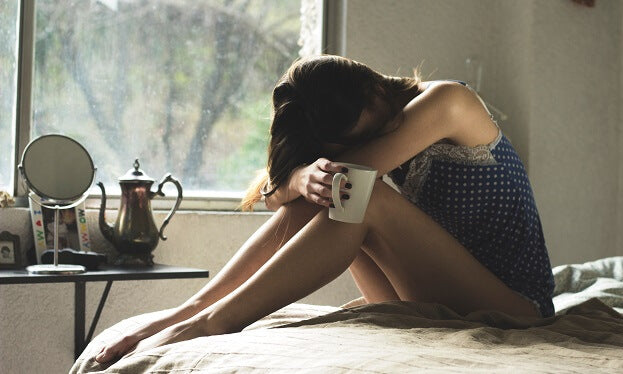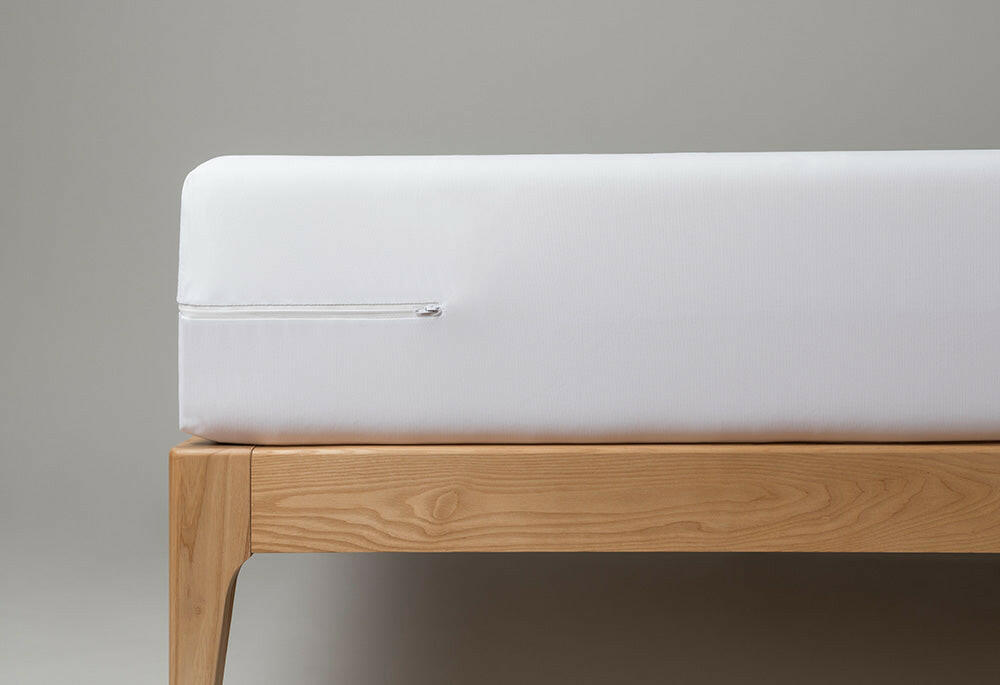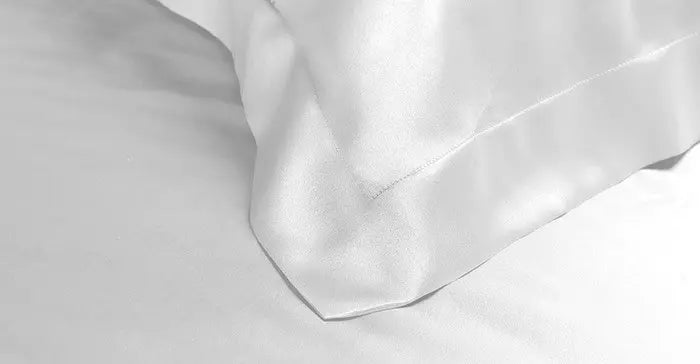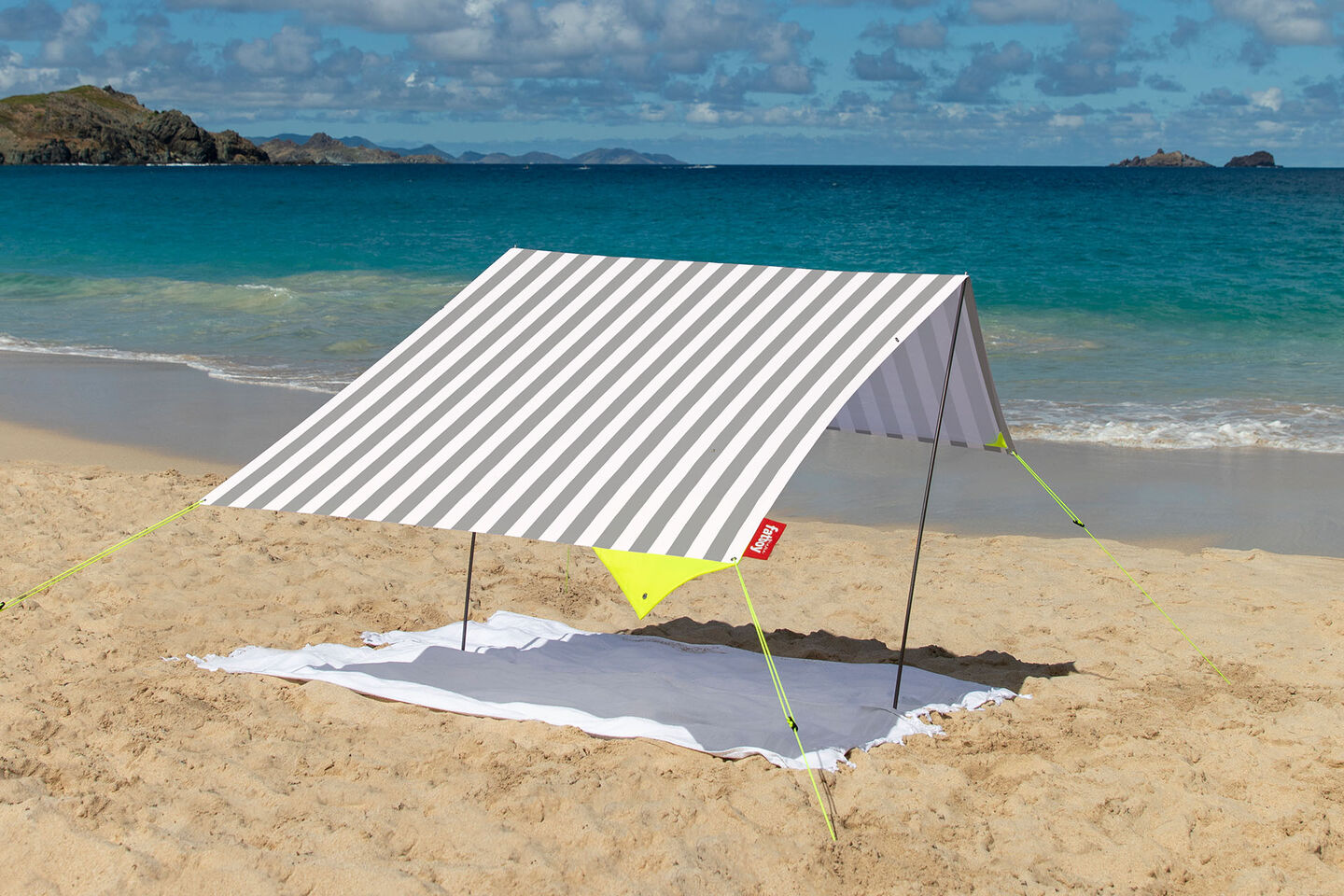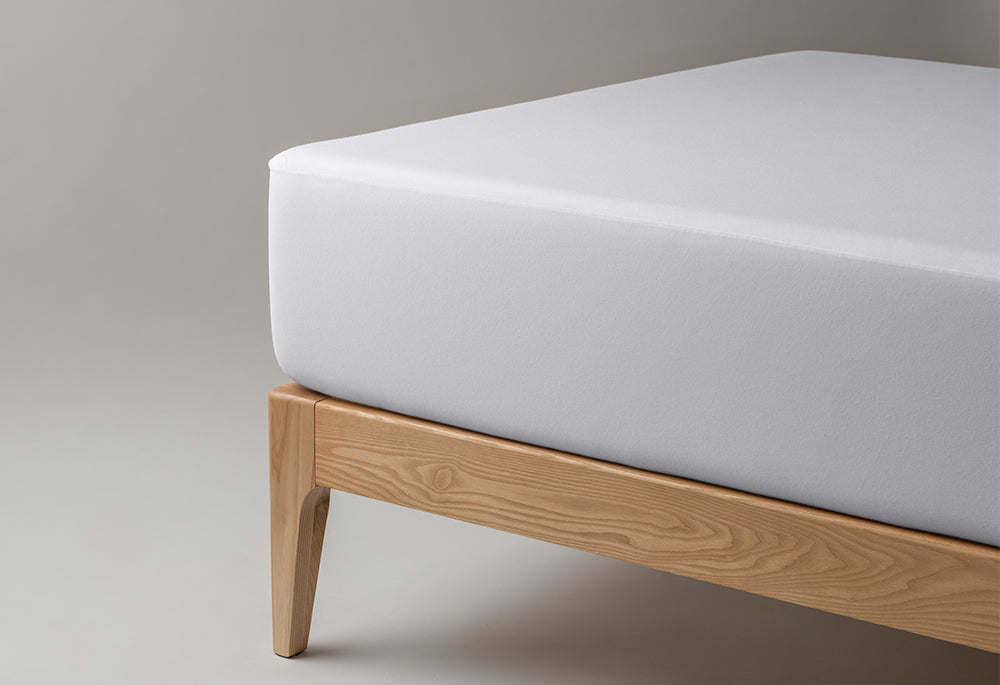
There's not much worse than struggling with a bad night's sleep. It affects your mood, energy levels, motivation and can also affect your health (weakened immune system, high blood pressure, stress, obesity and heart disease are some examples, source ). Here we've put together some good advice that can help you with both falling asleep and the quality of your sleep.
Light
In short, the two hormones cortisol and melatonin are affected by light. When light hits our eyes, cortisol is produced, while melatonin is blocked – this makes us feel awake. When it is dark, or more precisely; in the absence of light – the body produces melatonin – and we become tired. Let in daylight in the morning – this helps with the circadian rhythm and helps increase cortisol levels in the body. Falling asleep in the evening is also affected by how the day starts. Melatonin is important for the body to calm down and sleep. The body produces melatonin when it is dark. A good tip is to dim the lights inside when it starts to get darker outside. Then the production of melatonin starts earlier, and falling asleep is easier. Try to keep the bedroom as dark as possible, preferably use roller blinds or curtains that block out outdoor lighting. Do not take your mobile phone or tablet to bed, light from screens also affects the body, and can make falling asleep more difficult, even with the “night mode” that many mobile phones have today. These can also affect the melanopsin sensors in the retina, which control our circadian rhythm.

Neither laptop, tablet nor mobile phone belong in bed at bedtime, so make it a habit not to take them with you!
Coffee and other caffeinated beverages
Everyone has a different tolerance for caffeine, but if you drink a lot of coffee and also have trouble falling asleep, there's a good chance there's a connection. Try cutting out coffee after a certain time. Or switch to decaffeinated coffee (it actually doesn't taste that bad). The same goes for tea, energy drinks, cola, and other beverages that contain caffeine.

Try to avoid coffee after 4:00 PM, and it may make it easier to fall asleep.
Physical activity
Physical activity during the day is important for sleep. Try to spread your physical activity throughout the day – take the stairs instead of the elevator, get off the bus a stop earlier and walk, or go for a walk in your neighborhood. And if you already do hard workouts, try to do them as early as possible, preferably in the morning. When you exercise vigorously, your body temperature rises, and if this happens just before you fall asleep, it can be harder to fall asleep.
Mealtime rhythm
Don't skip breakfast or lunch. Regular, good meal routines can help you fall asleep and improve your sleep quality. Just don't eat too much right before bed. In fact, eating at regular times is a characteristic of so-called "morning owls". There are also some types of food that are good to eat before bed, such as bananas, cherries or oatmeal. Bananas are high in calcium and magnesium, which help your muscles relax, and they also stimulate the production of melatonin. Cherries contain small amounts of melatonin. Oatmeal or other meals with slow carbohydrates are a good idea to eat before bed. The body needs energy when you sleep, and if your energy levels get too low, the body starts to secrete cortisol and adrenaline, which wakes you up. And if you have to get up and eat during the night, it will be harder to fall back asleep.


